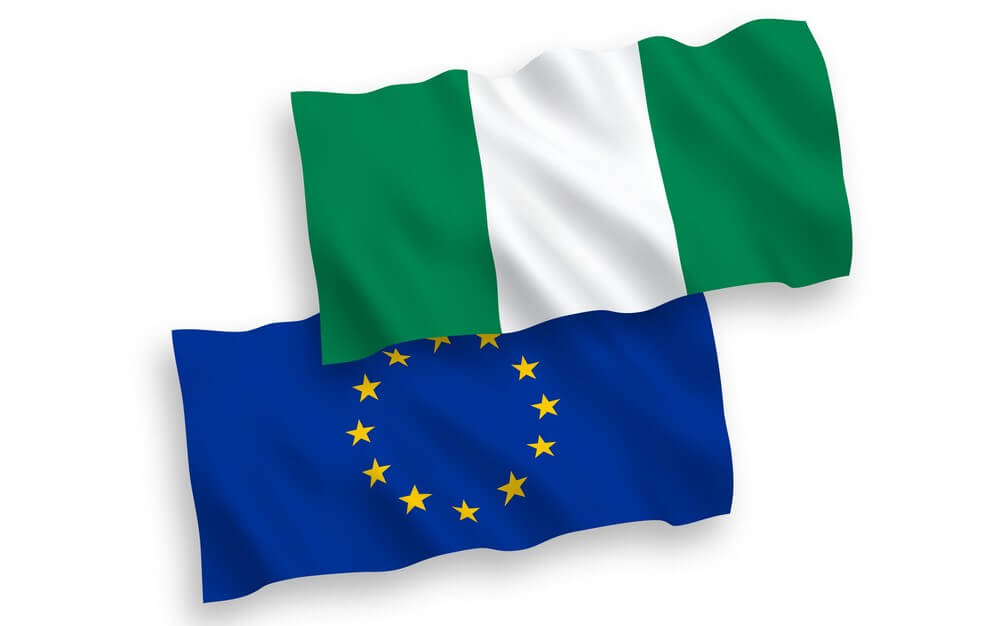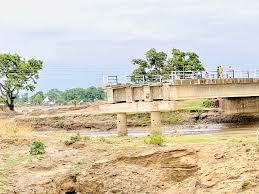The European Union (EU) has expressed interest in Nigeria’s solid minerals sector, aiming to expand trade and investment in the country’s rich natural resources. This was revealed by European Ambassador to Nigeria and ECOWAS, Gautier Mignot, during a courtesy visit to Nigeria’s Minister of Solid Minerals Development, Dr. Dele Alake, in Abuja.
Ambassador Mignot commended Nigeria's efforts to reposition its mining sector, emphasizing that the EU delegation is eager to better understand the industry and identify areas for potential collaboration. "The EU seeks to explore opportunities for mutually beneficial partnerships," he stated, signaling the bloc's commitment to fostering deeper ties with Nigeria in the sector.
In response, Minister Alake highlighted Nigeria’s readiness to engage with EU member states and investors to unlock the country’s vast mineral potential. "Given our history and the cordial relationship we’ve maintained with the EU, the time is ripe to map out concrete plans and translate them into actionable projects within the solid minerals sector," Alake said.
The Minister pointed out that Nigeria is home to an array of critical minerals, including high-grade lithium—vital for the production of solar panels, electric vehicles, and batteries. "We have lithium, cobalt, copper, and more—all in commercially viable quantities," Alake said, stressing that Nigeria is positioning itself as a hub for minerals essential to the global transition to green energy. "Even within the limited areas explored so far, we’re looking at over $700 billion in mineral deposits," he added, calling it a massive investment opportunity for EU investors.
To attract investment, Alake outlined several incentives, including tax waivers on mining equipment, policies that allow full repatriation of profits, enhanced security through dedicated mining marshals, and streamlined licensing processes. He emphasized that local value addition is crucial for the issuance of mining licenses, stating, "Any serious investor must have concrete plans for local value addition to ignite the potential of our economy and create jobs."
Alake also revealed the government’s commitment to sustainability and traceability of minerals extracted from Nigeria. He outlined mechanisms being implemented to ensure that all minerals, whether raw, semi-processed, or finished, are traceable. He emphasized the importance of tracking minerals to prevent illegal mining and smuggling. "We can reduce to the barest minimum the instances of our minerals ending up in unauthorized hands," he said.
The minister further outlined ongoing pre-shipment inspections and satellite imaging being used to monitor mining activities, from the pit to the port or processing facility. He welcomed the EU's collaboration to further enhance the transparency and investor-friendliness of Nigeria's mining sector.
Ambassador Mignot assured Alake that the EU would consult with its member states and encourage European companies to explore partnership opportunities in Nigeria’s solid minerals sector. He emphasized that the EU is committed to building sustainable and mutually beneficial trade relationships with Nigeria.




